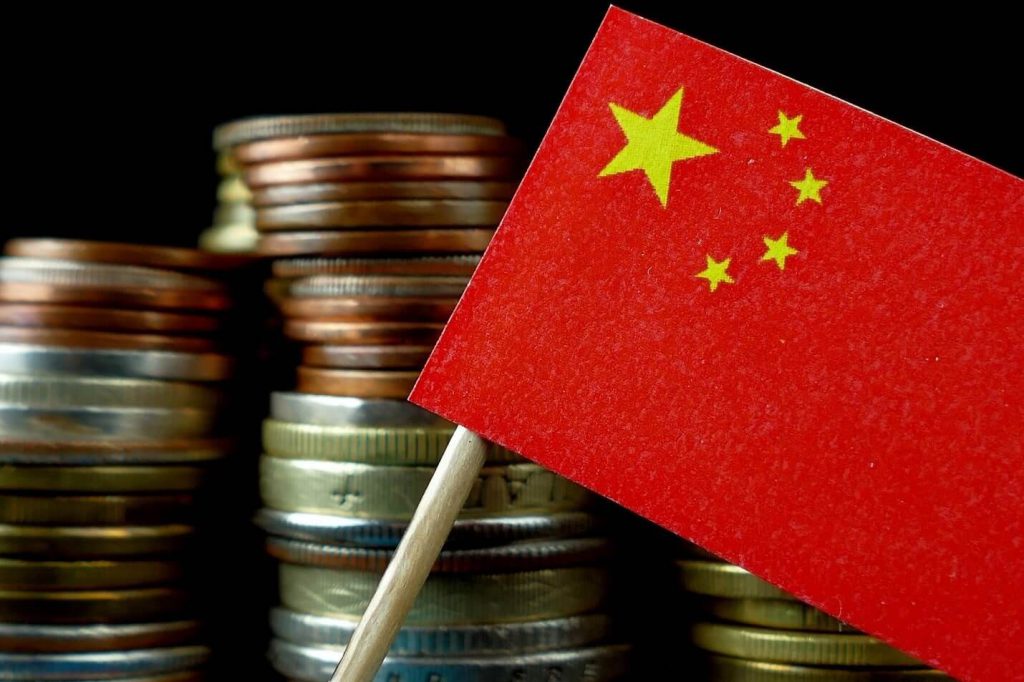
PBOC lifts the reserve ratio on foreign exchange deposits
According to the latest news, China’s central bank has decided to raise the amount of foreign-currency deposits that financial institutions need to hold as reserves. Notably, It is directed at curbing sell-offs of foreign currencies after the renminbi’s value soared to an all-time high.
The People’s Bank of China reported the rise in the required reserve ratio on foreign exchange deposits in financial institutions to 7% from 5%. This step is aimed to improve forex liquidity management in financial institutions. According to the statement, the new policy will take effect on June 15.
The central bank has not done so since 2007. In May 2017, the central bank increased the ratio from 4% to 5%. Experts say that it tightened the supply of foreign currencies in the onshore market and raised the prices of foreign currency-denominated loans.
The central parity of the RMB versus the greenback stood at 6.3682 on Monday. Remarkably, it’s the strongest level since May 17, 2018.
According to Guan Tao, chief economist at BOC International, the rising of the forex deposit reserve ratio by 2 percentage points is anticipated to reduce forex liquidity in China’s onshore market, which is worth around $20 billion.
The RMB central parity rate against the greenback has strengthened largely since 2020
Some meetings held recently by the monetary authorities have warned investors who intend to speculate on RMB appreciation. The RMB central parity rate against the greenback has strengthened largely since May 2020. Tao said that overly appreciated currency may hurt exporters in China.
Zhang Zhiwei, the chief economist at Pinpoint Asset Management, announced the policy sends a clear signal that the central bank is concerned about the speed of RMB appreciation.
He also added that the PBOC intends to deter financial speculation in the forex market, which could result in a slower speed of RMB appreciation.
According to Stephen Chiu, Asia FX and Rates Strategist at Bloomberg Intelligence, the move indicates banks will now have to hold extra dollars with the PBOC instead of making loans or selling the greenbacks for yuan in the interbank market.


